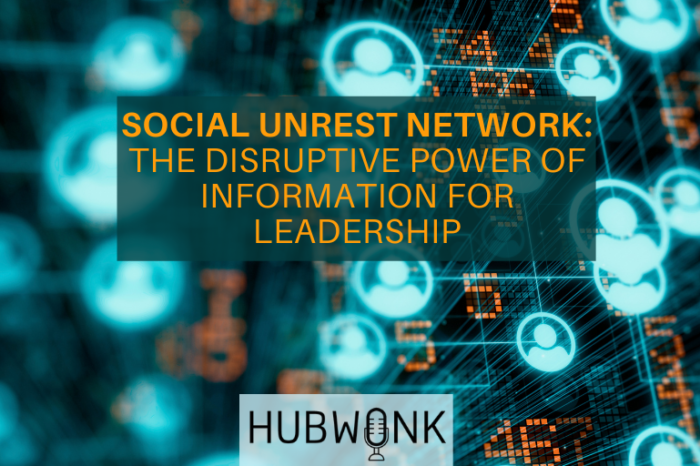Social Unrest Network: The Disruptive Power of Information For Leadership
/0 Comments/in Featured, Podcast Hubwonk /by Editorial StaffJoe Selvaggi talks with Martin Gurri, former CIA analyst and author of The Revolt of the Public and the Crisis of Authority in the New Millennium, about the wave of populism sparked by the disruptive force of the internet from Occupy to riots on Capitol Hill. Mr. Gurri shares his views on the connection between massive, broad information consumption and the new view toward elites.
Guest:
 Martin Gurri is a geopolitical analyst and student of new media and information effects. He spent many years working in the corner of CIA dedicated to the analysis of open media. After leaving government, Gurri focused his research on the motive forces powering the transformation and has churned out countless articles, studies, and blog posts on the topic. His book, The Revolt of the Public and the Crisis of Authority in the New Millennium, first published in 2014 and updated in 2018, has been praised for foreshadowing the political shocks of Brexit and the rise of Donald Trump.
Martin Gurri is a geopolitical analyst and student of new media and information effects. He spent many years working in the corner of CIA dedicated to the analysis of open media. After leaving government, Gurri focused his research on the motive forces powering the transformation and has churned out countless articles, studies, and blog posts on the topic. His book, The Revolt of the Public and the Crisis of Authority in the New Millennium, first published in 2014 and updated in 2018, has been praised for foreshadowing the political shocks of Brexit and the rise of Donald Trump.
Get new episodes of Hubwonk in your inbox!
Related posts
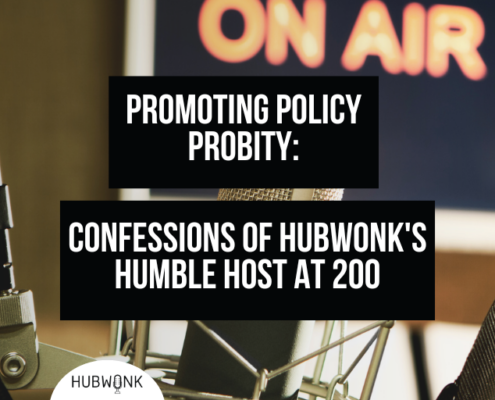
Promoting Policy Probity: Confessions of Hubwonk’s Humble Host at 200
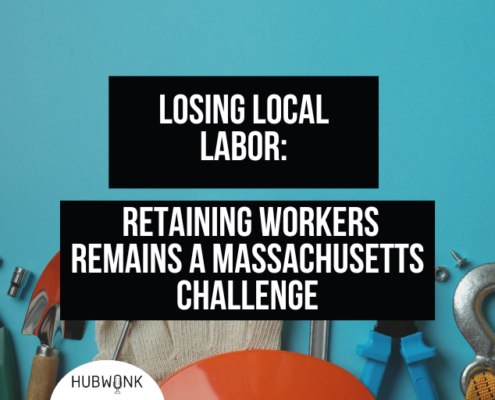
Losing Local Labor: Retaining Workers Remains a Massachusetts Challenge
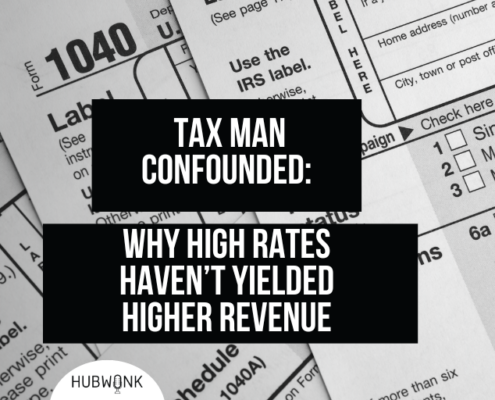
Tax Man Confounded: Why High Rates Haven’t Yielded Higher Revenue

Industrial Policy Reimaged: Can Government Improve Free Markets

Posting Patient Prices: Transparency Cure for Hospital Blank Checks

Constitutional Property Taking: Exclusionary Zoning’s Costs to Owners and Society

Poor Housing Incentives: Tax Credits Reward Politicians Not Neighbors in Need

Biden’s Budget Breakdown: Pragmatic Progress or Political Posturing

Genetic Therapy Revolution: Benefits and Barriers for Medicine’s New Horizon

Contours of Content Curation: SCOTUS Hears Online Free Speech Cases

Mortgage’s New Normal: Guide to Better Borrowing Amidst Higher Rates

Medicaid’s Massive Miasma: Taming Beacon Hill’s Burgeoning Budget Beast
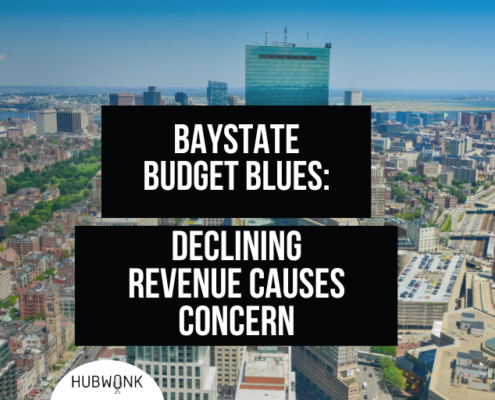
Baystate Budget Blues: Declining Revenue Causes Concern

Smothering Gas Exports: President Sides with Environmentalists Over Environment

U.S. Manufacturing Health: Does the U.S. Need an Industrial Policy?
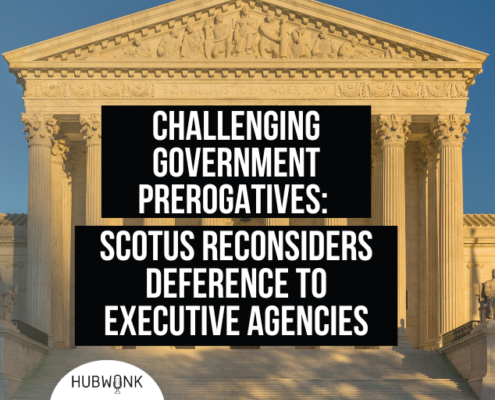
Challenging Government Prerogatives: SCOTUS Reconsiders Deference to Executive Agencies
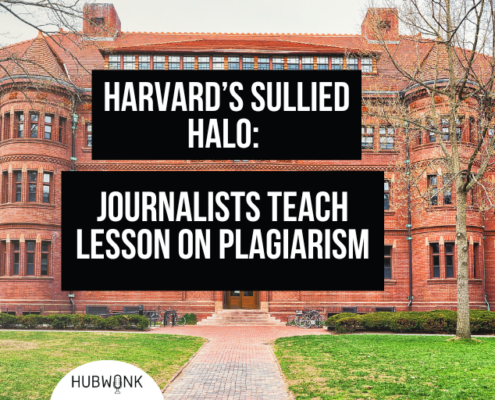
Harvard’s Sullied Halo: Journalists Teach Lesson on Plagiarism

Drug Discount Distortions: How Middlemen Increase Costs and Reduce Access

